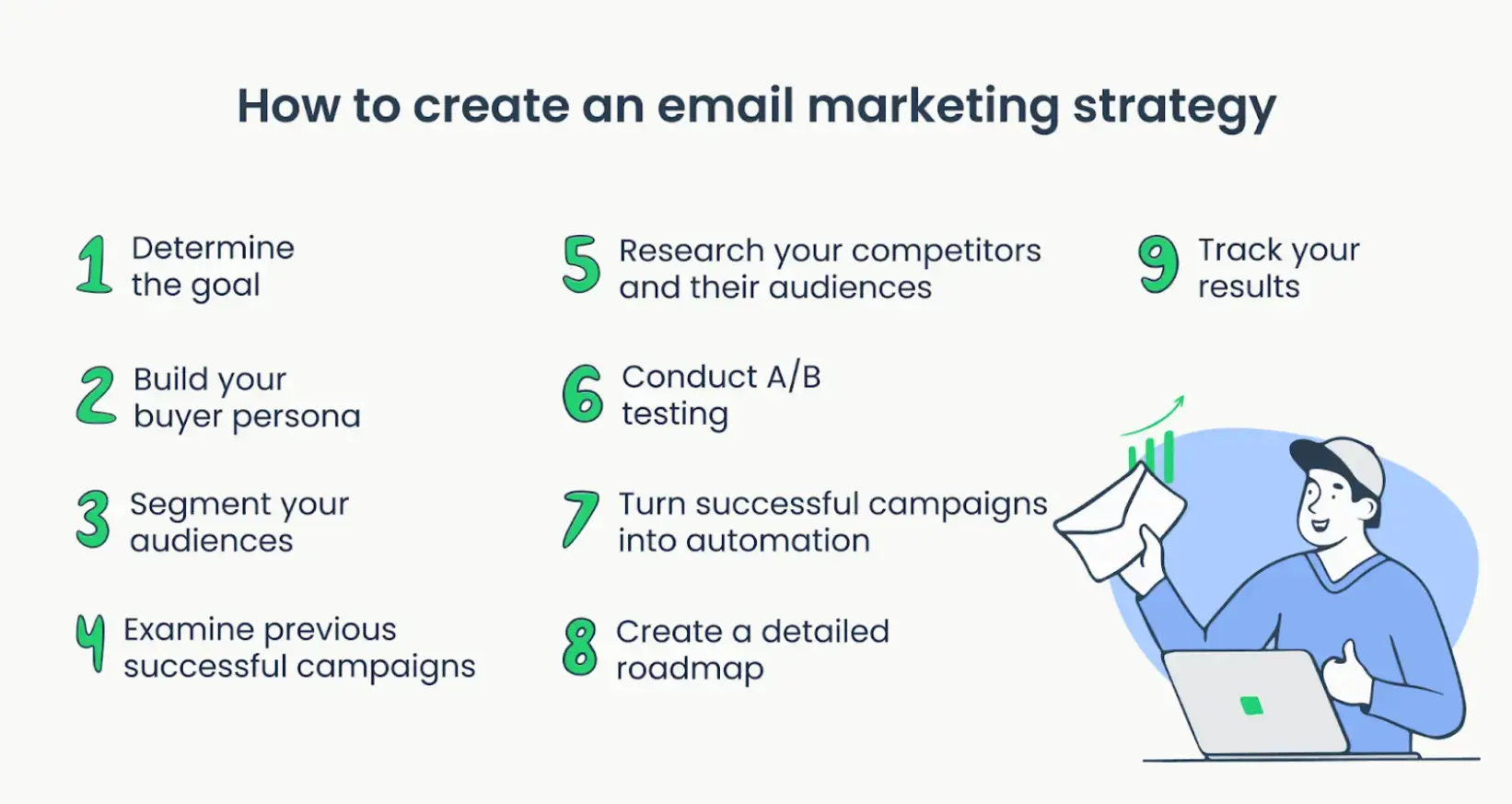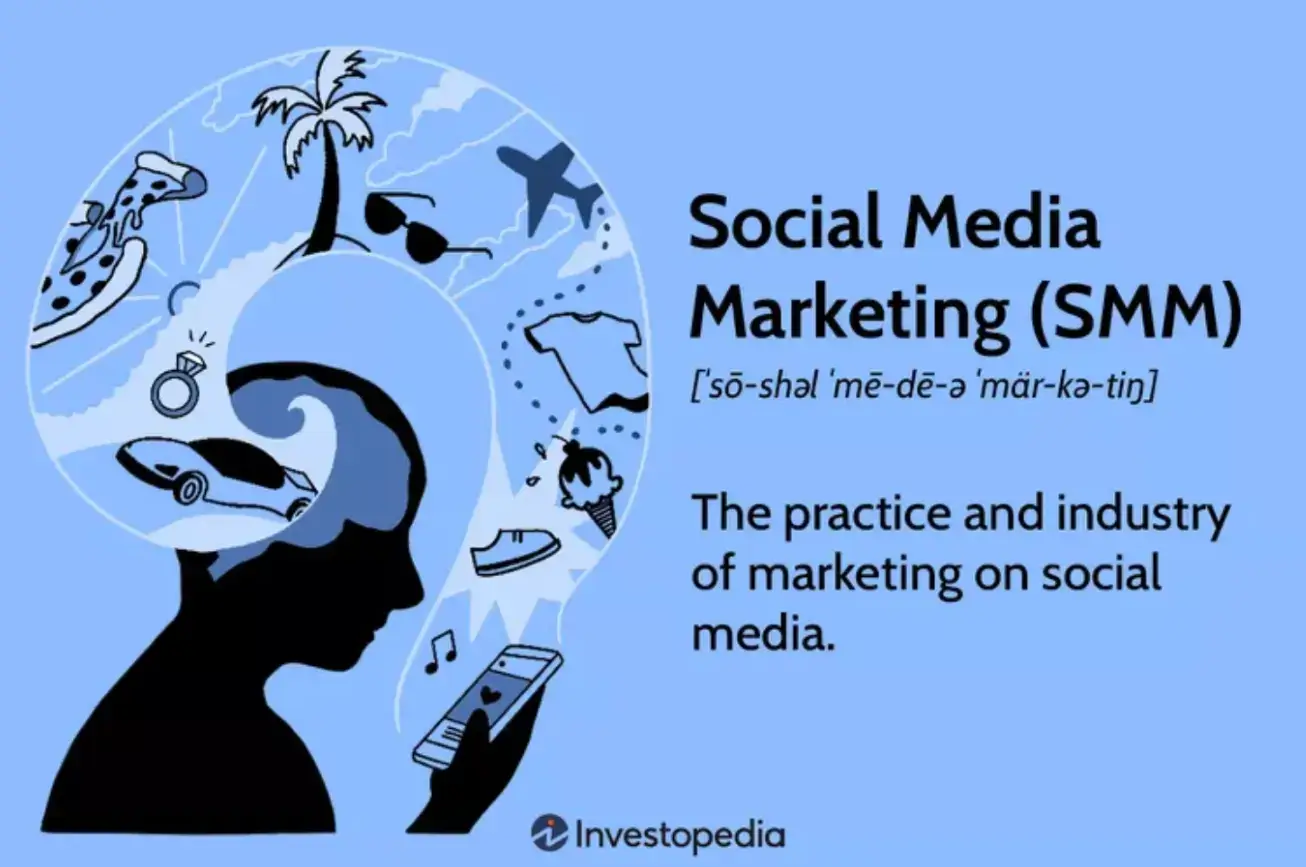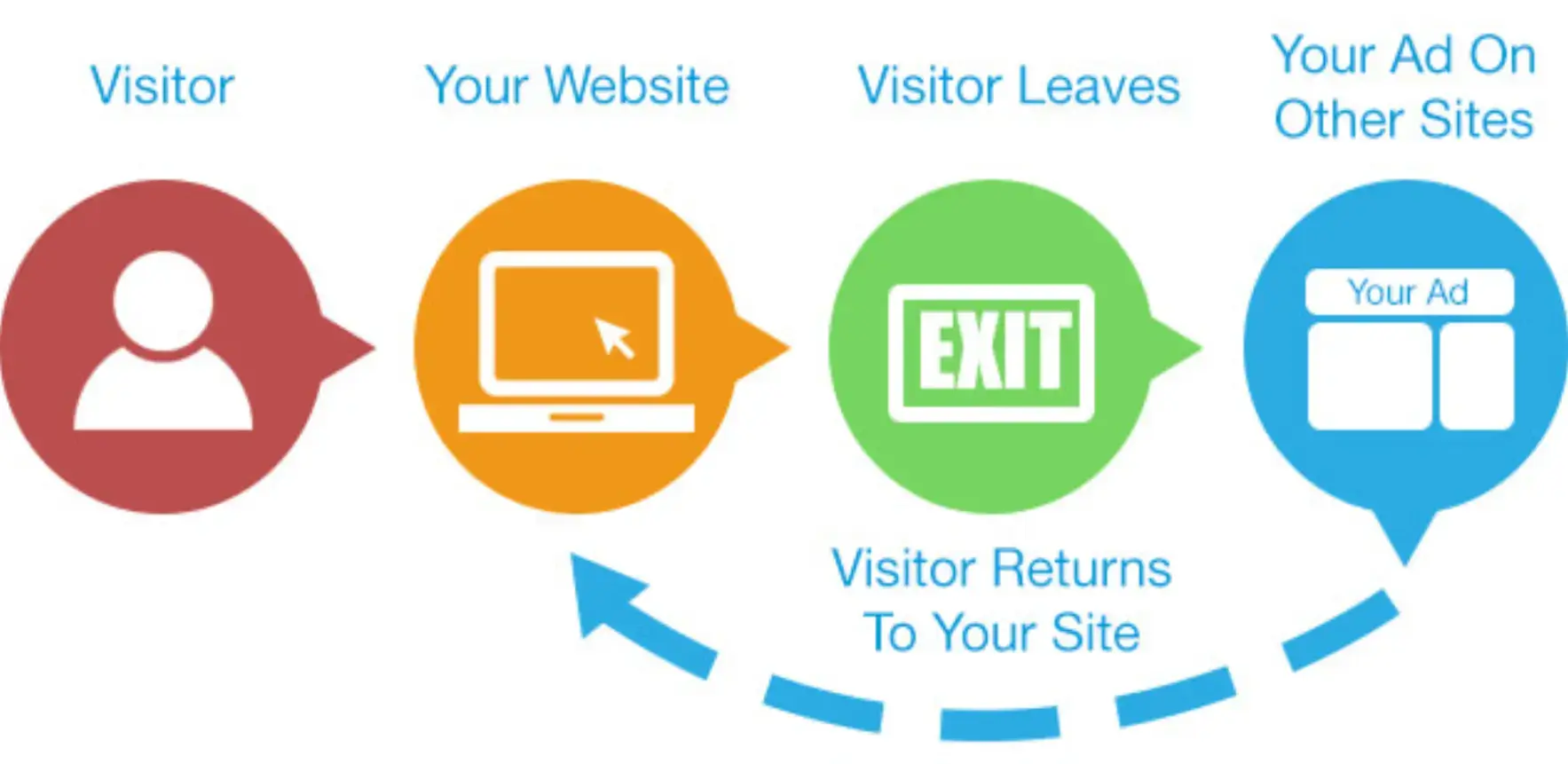In today's fast-paced digital landscape, businesses often focus on short-term tactics to achieve immediate results. However, evergreen marketing strategies offer a powerful counterbalance, focusing on sustainable, long-term success rather than fleeting trends.
Evergreen marketing refers to tactics and approaches that remain relevant and effective over time, regardless of shifting market dynamics. These strategies are designed to provide ongoing value and engagement, ensuring that your marketing efforts continue to yield benefits long into the future.
Article Shortcuts:
- Email Marketing
- Social Media Marketing
- Search Engine Optimization (SEO)
- Paid Advertising
- Customer Relationship Management (CRM)
- Analytics and Continuous Improvement
By emphasizing timeless principles such as high-quality content, consistent communication, and robust customer relationships, evergreen marketing helps businesses build a solid foundation for enduring success.
It involves leveraging techniques that remain effective across various stages of the customer journey and adapt to evolving consumer preferences without losing their core impact.
This approach not only enhances brand stability but also fosters trust and loyalty among your audience.
In this guide, we'll explore key evergreen marketing strategies that can help your business achieve long-term success, ensuring that your marketing efforts remain relevant and impactful for years to come.
Content Marketing
Content marketing focuses on creating valuable, relevant content to attract and engage a target audience over the long term. High-quality content creation involves developing material that addresses your audience's needs and interests while being both informative and engaging.

Source: Geeksforgeeks
Incorporating content localization ensures that your material resonates with different cultural and linguistic audiences, enhancing its relevance and effectiveness. This could include blog posts, videos, infographics, and more. The goal is to provide enduring value that remains relevant regardless of trends.
This could include blog posts, videos, infographics, and more. The goal is to provide enduring value that remains relevant regardless of trends.
SEO Best Practices are crucial for ensuring that your content remains discoverable. Using long-tail keywords that match search intent helps attract organic traffic.
Regularly updating content to keep it current and relevant can also improve search rankings and user engagement. An experienced SEO agency can assist in refining these practices, ensuring that your content not only ranks well but also resonates with your target audience.
Repurposing content maximizes the lifespan and reach of your material. For instance, a well-researched blog post can be turned into a video using an AI Text to Video, an infographic, or a series of social media posts.
Similarly, an entire blog article can be created from just an image using an AI image to text generator. By using free social media schedulers for these posts not only saves time but also broadens your content’s exposure across different formats and platforms, reaching a larger audience.
Overall, evergreen content should provide timeless insights or solutions, helping to establish your brand as a reliable and authoritative source over time.
Email Marketing
Email marketing is a cornerstone of evergreen marketing strategies due to its capacity for nurturing relationships and driving long-term engagement.

Source: Mailtrap
Building a robust email list starts with collecting permission-based contacts. This can be achieved through lead magnets like eBooks, webinars, or exclusive discounts, ensuring the list grows with genuinely interested subscribers.
Segmenting this list allows for more personalized communication, increasing relevance and engagement.
Automated email sequences are vital for maintaining ongoing interaction without constant manual effort. Implementing sequences such as welcome emails, which introduce new subscribers to your brand, and nurture emails, which provide valuable content and offers, help to build trust and keep your audience engaged.
Additionally, re-engagement sequences can reactivate inactive subscribers with tailored messages.
For those using email marketing platforms like Constant Contact or exploring Constant Contact alternatives, these automated sequences are essential for effective audience management.
Regular newsletters should offer consistent value, blending company updates with curated content that addresses subscribers’ interests. Regularly scheduled newsletters keep your brand top-of-mind and can drive traffic, promote new products, or highlight important content.
By delivering meaningful and relevant information, you foster a loyal subscriber base that is more likely to convert and stay engaged over the long term.
Social Media Marketing
Social media marketing is essential for building and maintaining a consistent brand presence online.
To begin, select platforms that align with your target audience—Facebook, Instagram, LinkedIn, and Twitter each cater to different demographics and interests.

Source: Investopedia
Once you’ve identified your platforms, develop a consistent posting schedule to keep your audience engaged and informed. Regular updates and a cohesive brand voice help reinforce your identity.
Engagement is key to fostering a loyal community. Actively respond to comments and messages, and encourage interactions by creating shareable, interactive content like polls, quizzes, and live videos. This not only boosts your visibility but also builds a rapport with your audience.
Leveraging user-generated content can significantly enhance your credibility.
Encourage customers to share their experiences and testimonials, and feature their content on your profiles. This approach not only validates your brand but also increases trust among potential customers.
By consistently applying these strategies, you create a dynamic and engaging social media presence that supports long-term business success.
Search Engine Optimization (SEO)
Search Engine Optimization (SEO) is crucial for enhancing your online visibility and driving organic traffic. On-page SEO involves optimizing individual web pages to rank higher and attract relevant traffic.

Source: Bot Penguin
This includes using meta tags, headers, and keywords effectively while ensuring content is valuable and relevant to users and search engines.
Using free tools like the Attrock Canonical Tag Checker can help you create web tags, ensuring that search engines index your pages correctly and avoid duplicate content issues to prevent duplicate pages from hurting your SEO.
Structuring your content with clear, descriptive headings and incorporating targeted keywords naturally improves your page's relevance.
Off-page SEO focuses on building your site's authority through backlinks from reputable sources. High-quality backlinks signal trustworthiness to search engines and can significantly impact your ranking.
Engaging in guest posting and collaborating with influencers can help acquire valuable backlinks.
Technical SEO ensures that your website's infrastructure supports search engine crawling and indexing. Key aspects include optimizing page load times, ensuring mobile responsiveness, and conducting regular site audits to fix technical issues like broken links or duplicate content.
By integrating these SEO components, you enhance your website's search engine visibility, improving your chances of ranking higher in search results. Regularly updating and refining your SEO practices is essential to maintain and improve rankings over time.
Paid Advertising
Paid advertising is a vital component of evergreen marketing strategies, offering targeted and measurable opportunities to drive traffic and conversions.
Pay-Per-Click (PPC) Campaigns are central to paid advertising. These campaigns allow businesses to bid on keywords and display ads to users actively searching for related products or services.
Successful PPC requires continuous optimization through A/B testing of ad copies, targeting options, and landing pages to maximize return on investment (ROI).
Regular analysis and adjustments ensure ads remain relevant and cost-effective.
Retargeting strategies focus on re-engaging users who have previously interacted with your site but did not convert. By showing personalized ads to these users as they browse other websites or social media platforms, businesses can keep their brand top-of-mind and increase the likelihood of conversion.

Source: aimtell
Budget management is crucial for long-term success in paid advertising.
Allocating budget efficiently involves setting clear goals, monitoring campaign performance, and adjusting spend based on what delivers the best results.
Scaling successful campaigns while reducing or optimizing underperforming ones helps in maintaining a balanced budget and achieving sustainable growth.
In summary, integrating PPC, retargeting, and strategic budget management into your advertising efforts can drive continuous traffic, conversions, and overall marketing success.
Customer Relationship Management (CRM)
Customer Relationship Management (CRM) is vital for fostering long-term relationships with customers and enhancing overall business success.
At its core, CRM involves using tools and strategies to manage interactions through in-app chat with customers, ensuring their needs are met and their experience is positive.
Building long-term relationships starts with prioritizing customer satisfaction and loyalty.
By understanding customer preferences and behaviors, businesses can deliver personalized experiences that resonate with their audience. CRM systems help track and manage this information, allowing for tailored communication and targeted offers.
Loyalty programs are a key component of CRM, incentivizing repeat business and rewarding loyal customers. Effective loyalty programs offer valuable perks, discounts, or exclusive content, encouraging customers to stay engaged and make repeat purchases.
Collecting and analyzing customer feedback is also crucial. CRM tools can gather insights through surveys, reviews, and direct interactions. By acting on this feedback, businesses can make informed improvements, address concerns promptly, and adapt their offerings to better meet customer expectations.
Overall, a well-implemented CRM strategy enhances customer satisfaction, builds trust, and drives long-term success by fostering strong, ongoing relationships with your audience.
Analytics and Continuous Improvement
Effective marketing relies on continuous monitoring and refinement.
Tracking Key Performance Indicators (KPIs) is essential; these metrics—such as conversion rates, customer acquisition cost, and return on investment (ROI)—provide insights into how well your strategies are performing.
Utilizing analytics tools like Google Analytics or CRM systems helps in gathering and interpreting data to understand audience behavior and campaign effectiveness.
Regular strategy reviews are crucial for adapting to changes. Periodically assess your marketing strategies to identify what's working and what isn't.
This involves analyzing performance data, reviewing campaign outcomes, and comparing them against your goals. Based on these insights, adjust your tactics to enhance results and address any weaknesses.
Staying updated with industry trends ensures your strategies remain relevant. Monitor changes in consumer behavior, emerging technologies, and evolving best practices.
Incorporating new trends and tools into your marketing approach helps maintain a competitive edge and ensures that your strategies are not only effective but also innovative.
By integrating analytics and continuous improvement into your marketing efforts, you can refine your strategies for long-term success, ensuring they remain effective and aligned with your business goals.
Conclusion
In summary, evergreen marketing strategies are crucial for achieving long-term success and sustainability in today’s dynamic business environment.
By focusing on high-quality content creation, consistent email marketing, and strategic social media engagement, businesses can build a strong foundation that continuously attracts and retains customers.
Implementing effective SEO practices and leveraging paid advertising can further enhance visibility and drive ongoing traffic. Additionally, a robust CRM system and a commitment to understanding customer needs foster lasting relationships and loyalty.
Regularly analyzing performance metrics and staying abreast of industry trends ensures that marketing efforts remain relevant and effective. The key to enduring success lies in the integration of these strategies into a cohesive plan that adapts to changing conditions while maintaining a steady core.
Evergreen marketing is not about chasing fleeting trends but rather about cultivating a resilient, adaptable approach that delivers value over time.
By prioritizing consistency, relevance, and customer-centric practices, businesses can achieve sustainable growth and enduring impact, ensuring that their marketing efforts continue to yield benefits long into the future.
Author Bio
Divashree builds high-authority backlinks for SaaS brands. She is the founder of SAASY LINKS, a white-hat link-building agency catering to SaaS brands.



